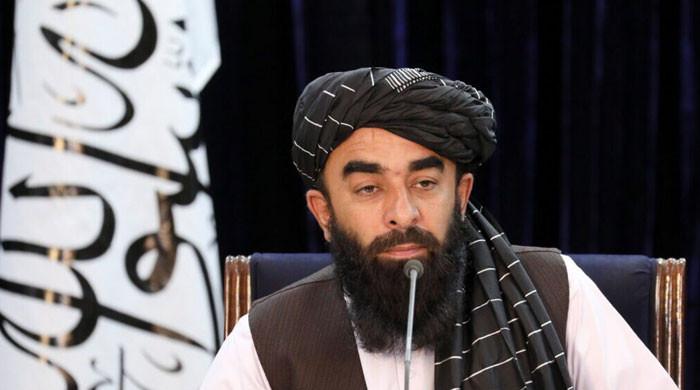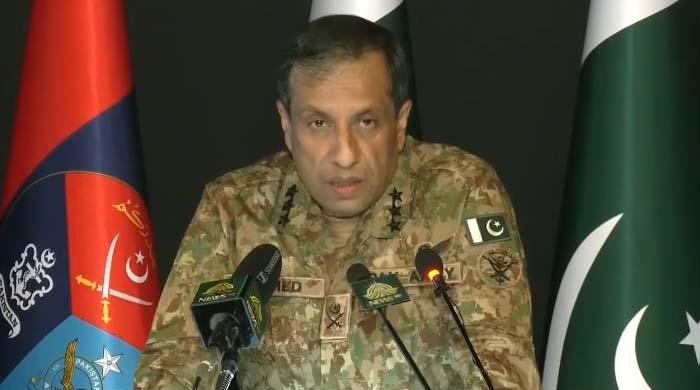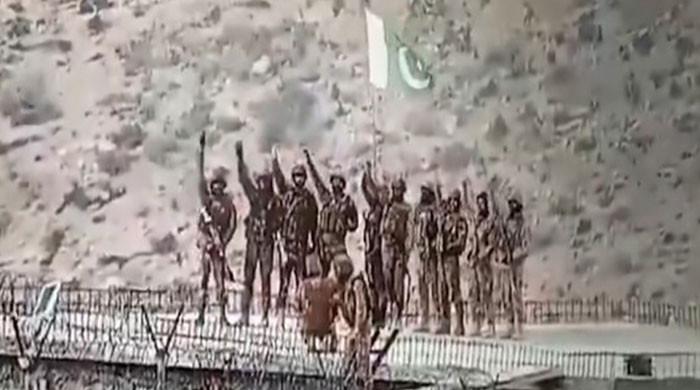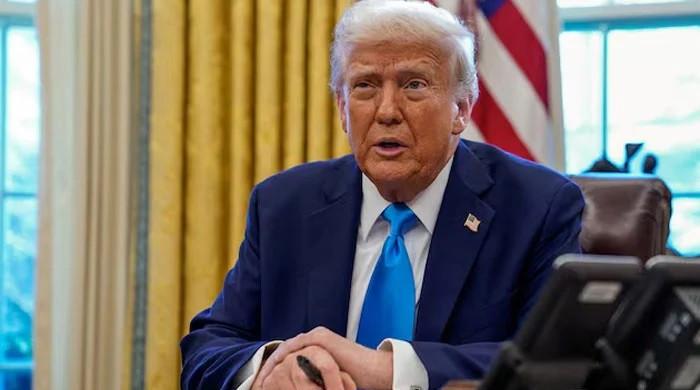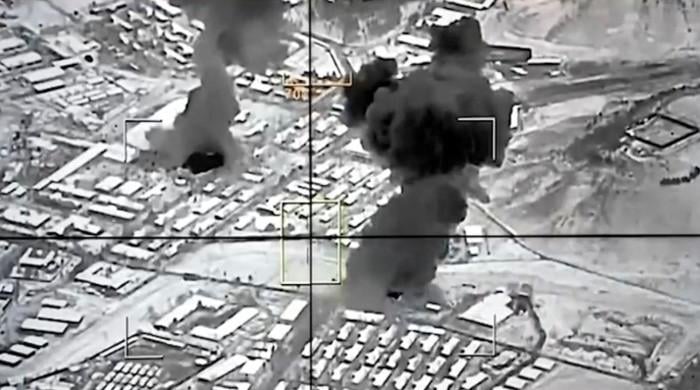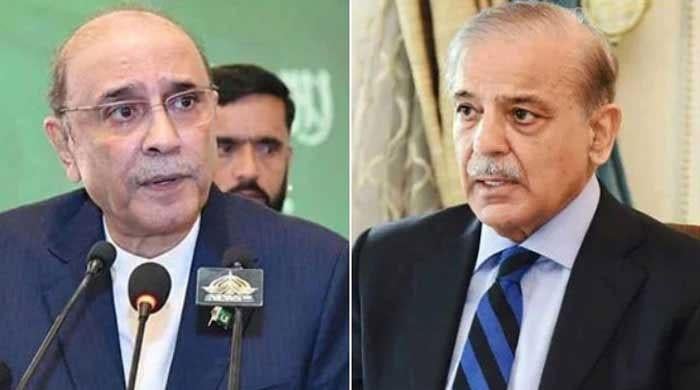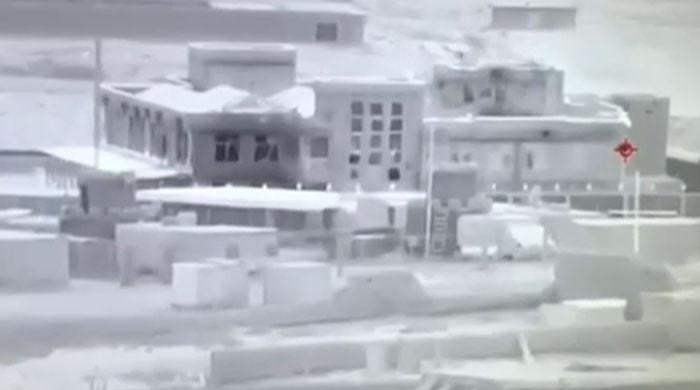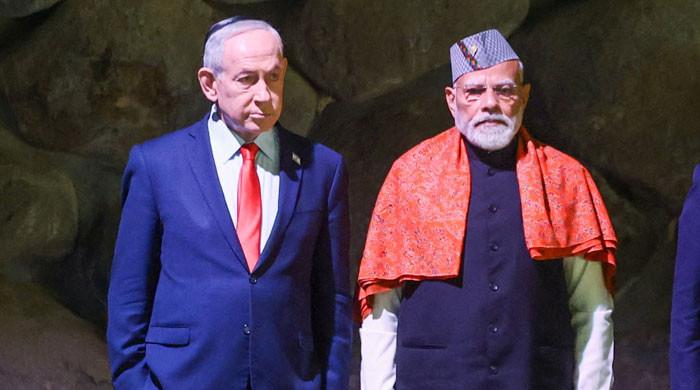Dinner, tea and the chatter at the Pakistan Awami Tehreek’s office
In the coming days, as Pakistan prepares to head into the next general elections, the pressure is likely to keep on building on the ruling political party.
December 12, 2017
Three years ago, the Pakistan Awami Tehreek’s (PAT) central office in the Model Town area of Lahore was the scene of a massacre. Clashes between the Punjab police and supporters of the political party left 14 dead and over 90 injured. But today, the same office is buzzing with political activities. Politicians, with and without security details, are lining up outside the gate to schedule a meeting with Muhammad Tahir ul Qadri, chief of the PAT.
The surge, it seems, came soon after the judicial inquiry report in the Model Town incident was released last week. While the report does not pin the blame on any one individual or institution, it nonetheless cast aspersions on the role of the police and the Punjab government, including the chief minister.
Punjab is Pakistan most populous and politically important province. Shehbaz Sharif has been its chief minister since 2008 - excluding a few months in 2009. Which may be why a large number of political entities are rushing to show their support for Qadri against Sharif.
Soon after the report was made public, Qadri began contacting opposition leaders, some of whom assured him of forming a grand alliance against the ruling Pakistan Muslim League-Nawaz, run by Sharif’s elder brother. On December 7, Asif Ali Zardari, the co-chairman of the Pakistan People’s Party, visited the PAT secretariat, along with a contingent of party leaders. Later in a joint press conference, Zaradri said that a condemned man was not capable of being the chief minister in Pakistan. “We will no longer tolerate Shehbaz,” he added, “We will fight and take to the streets with him [Qadri].”
Two days later, Pakistan Sarzameen Party’s head, Mustafa Kamal, too travelled to Lahore to sit down with Tahir ul Qadri. Then, over the weekend, PAT’s head office hosted a six-member delegation from the Pakistan Tehreek-e-Insaaf, which included Jehangir Tareen and Shah Mehmood Qureshi. Followed by a sit down with Chaudhry Shujaat Hussain, Pervaiz Elahi and Sheikh Rasheed Ahmed.
The visits were all, in a span of a week.
Moreover, political leaders, privately or publicly, reiterated Qadri’s sole demand and called for the resignation of the chief minister as well Punjab’s law minister, Rana Sanaullah.
Promises to support any agitation launched against the incumbent government must have been reassuring for the leadership of the Pakistan Awami Tehreek, but on the other hand, it has put the Punjab government on guard. The alleged changes in the Khatm e Nabuwat proclamation has further added to their worries, as cries for Sanaullah’s sacking grow louder. The PML-N’s own legislators are also chiming in. On Sunday, five PML-N parliamentarians sent in their resignations to a spiritual leader, refusing to backtrack unless Sanaullah is shown the door.
In the coming days, as Pakistan prepares to head into the next general elections, the pressure is likely to keep on building on the ruling political party. What will Shehbaz Sharif, who is rumoured to be nominated as the next prime minister - provided his party wins, do, to divert the crisis?




